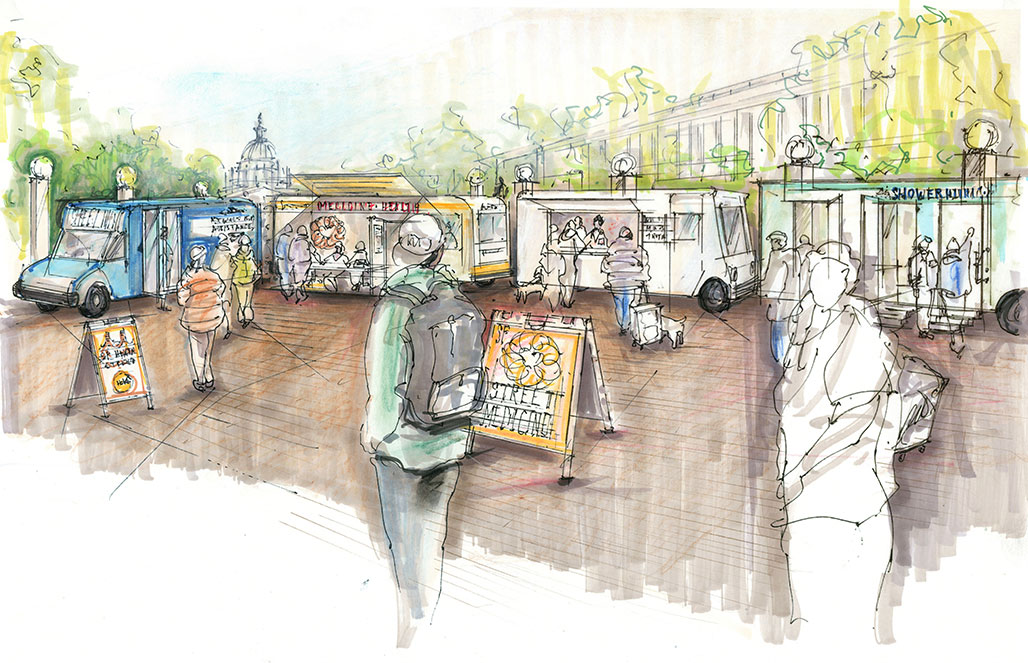
Facente Consulting was hired to lead an assessment to inform innovative HIV and hepatitis C-related service delivery models for people experiencing homelessness in San Francisco.

San Francisco’s Department of Homelessness and Supportive Housing hired Facente Consulting to develop a curriculum designed to affirm access to housing for transgender and gender diverse people experiencing or at risk of homelessness.
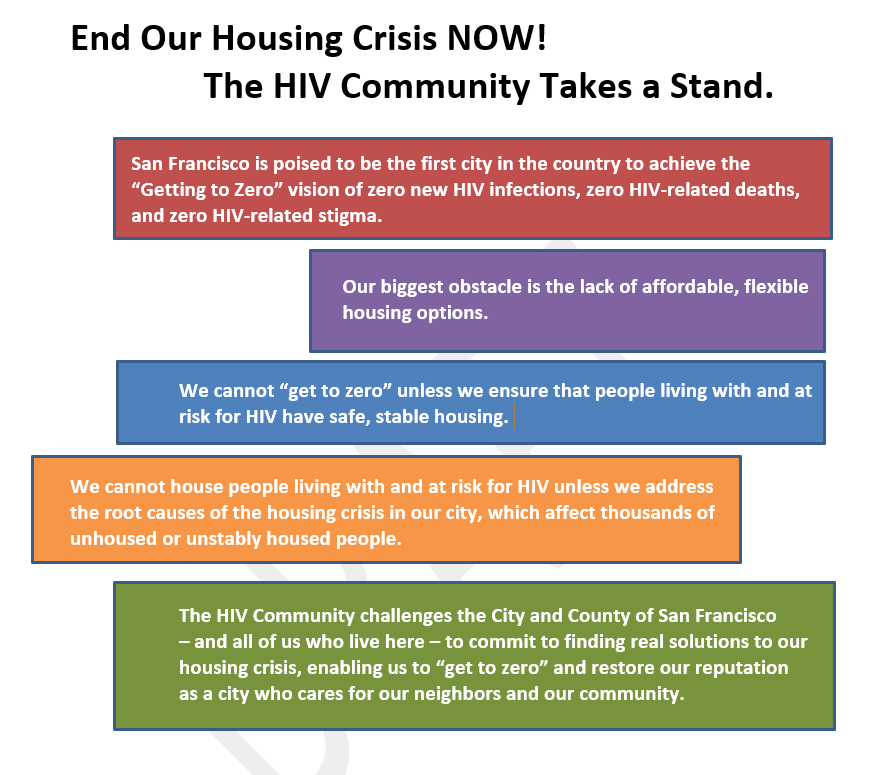
Facente Consulting worked with the San Francisco AIDS Foundation to develop a community-driven plan to end homelessness among people living with HIV, resulting in a call to action for San Francisco to address the root causes of homelessness for all people in the city.
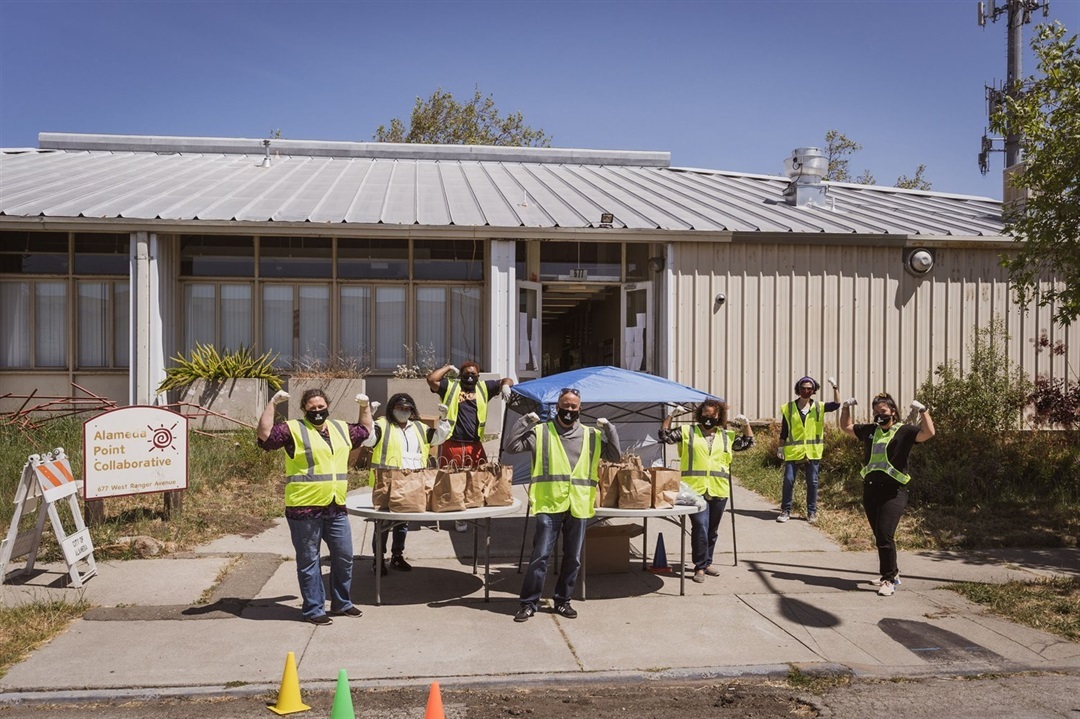
Facente Consulting worked with Alameda Point Collaborative to support a small-scale strategic planning process and the development of a theory of change, with the goal of reviewing key initiatives and centering resident feedback as they enter into an era of growth and redevelopment of housing projects.
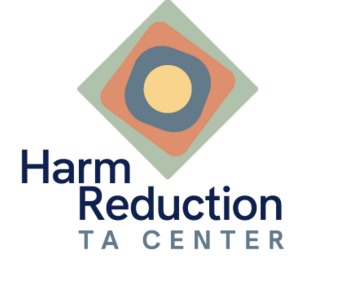
In partnership with NASTAD, Facente Consulting created a two-page summary, as well as a series of videos summarizing evidence, that provide tools and best practices and highlight a variety of real-life examples of harm reduction housing models that support frontline workers.

Facente Consulting provided strategic facilitation to support Greater Richmond Interfaith Program (GRIP) board in its mission to help community members transition to self-sufficiency.
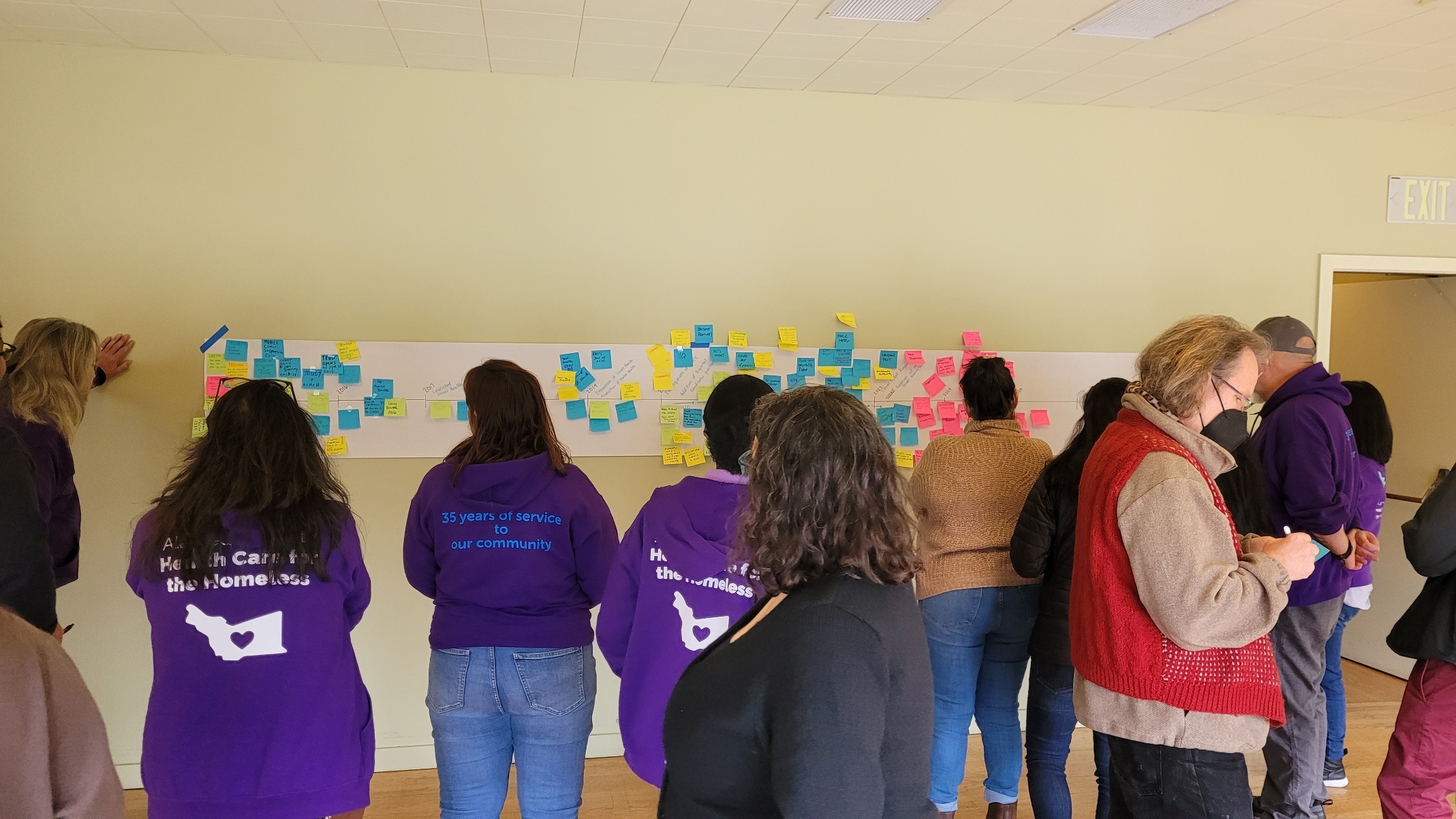
Facente Consulting worked with Alameda County Health Care for the Homeless (ACHCH) to facilitate a strategic planning process, with an emphasis on community input and engagement, to determine priorities for the initiative for the next three years.
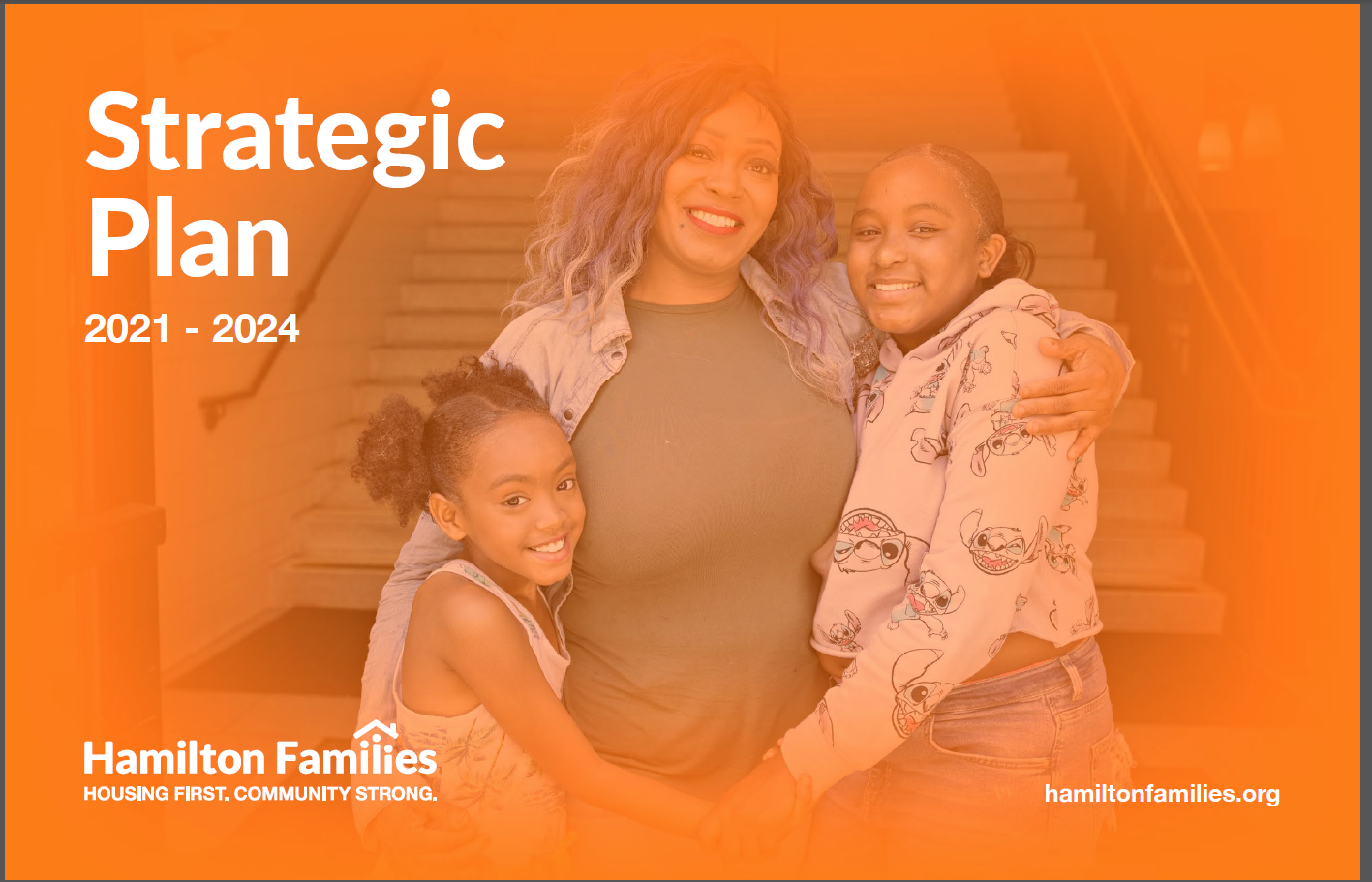
Hamilton Families asked Facente Consulting to assist them in developing a three-year strategic plan to cultivate organizational excellence, strengthen high-impact services for homeless families during the pandemic recovery period, and design an advocacy program to drive systemic change for the future.

To scale peer-led overdose prevention efforts in San Francisco’s permanent supportive housing sites, Facente Consulting is collaborating with End Hep C SF to develop an implementation toolkit based on the city’s former pilot program.

Facente Consulting supported the San Francisco Black Led Organizations Coalition (SFBLOC) by reviewing a draft of their first-ever strategic plan and providing substantive recommendations for the final document, creating a strong foundation for the Coalition’s future work.
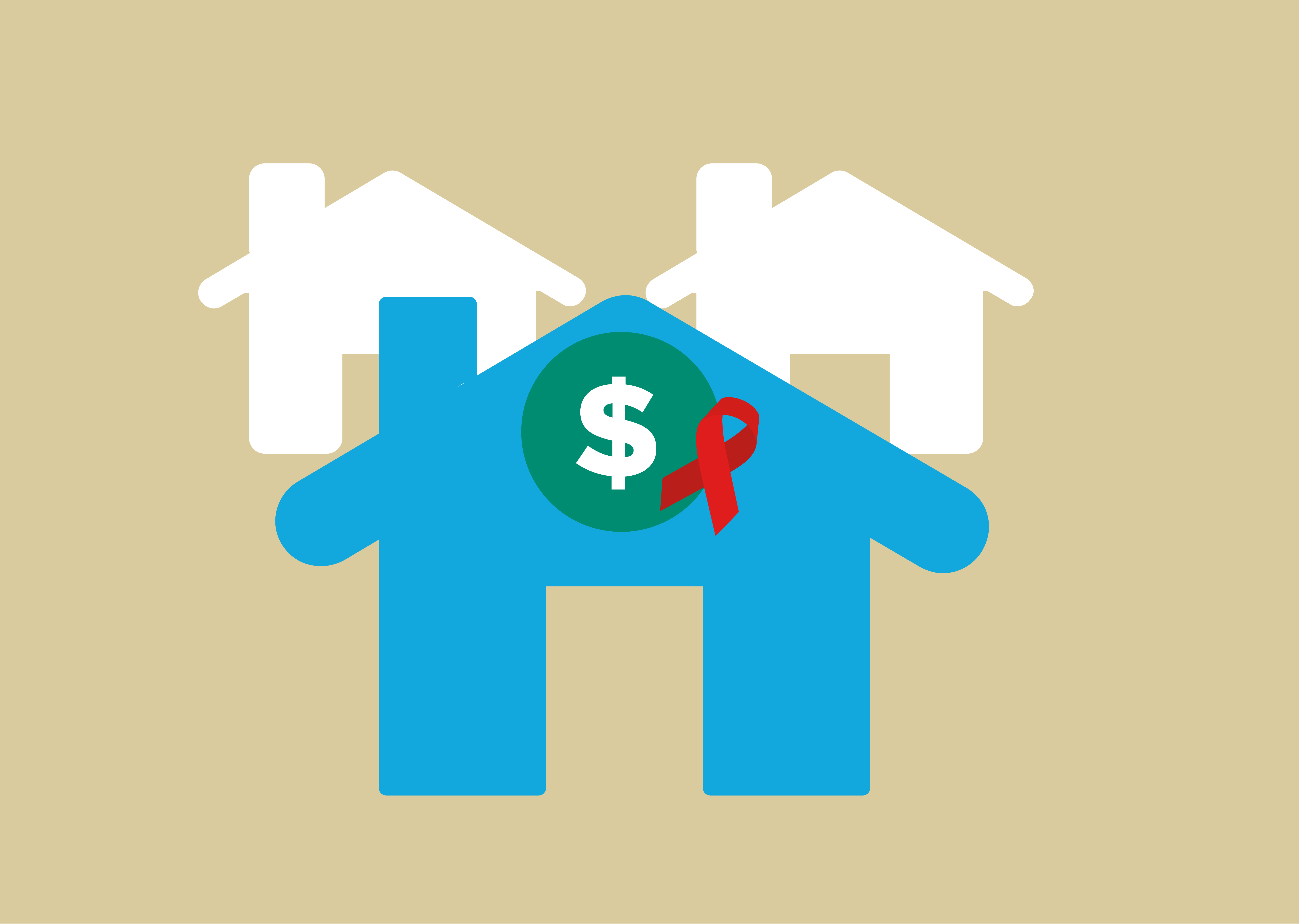
Facente Consulting collaborated with the San Francisco Department of Public Health and PRC to implement a landscape analysis and action plan for San Francisco’s Emergency Financial Assistance program.

Facente Consulting helped Raphael House to develop a realistic vision of “what can and should be,” with the explicit purpose of seeking funding that will transform the fiscal standing, scope, and reach of the agency in the future.

Dr. Tan at UCSF reached out to Facente Consulting for ongoing assistance with manuscript development, literature reviews, and technical editing to support grant submissions, helping to move her academic portfolio forward and support her overall research goals.
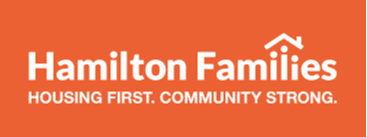
Unlike in the last round of strategic planning we did with them in 2021, in 2024 Hamilton Families wanted a scaled down strategic plan refresh, with review and updates to the priorities in the prior plan and a focus on managing expected budget cuts.
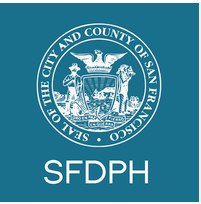
Facente Consulting was hired to conduct a strategic planning process to refocus SFDPH’s congenital syphilis response efforts.
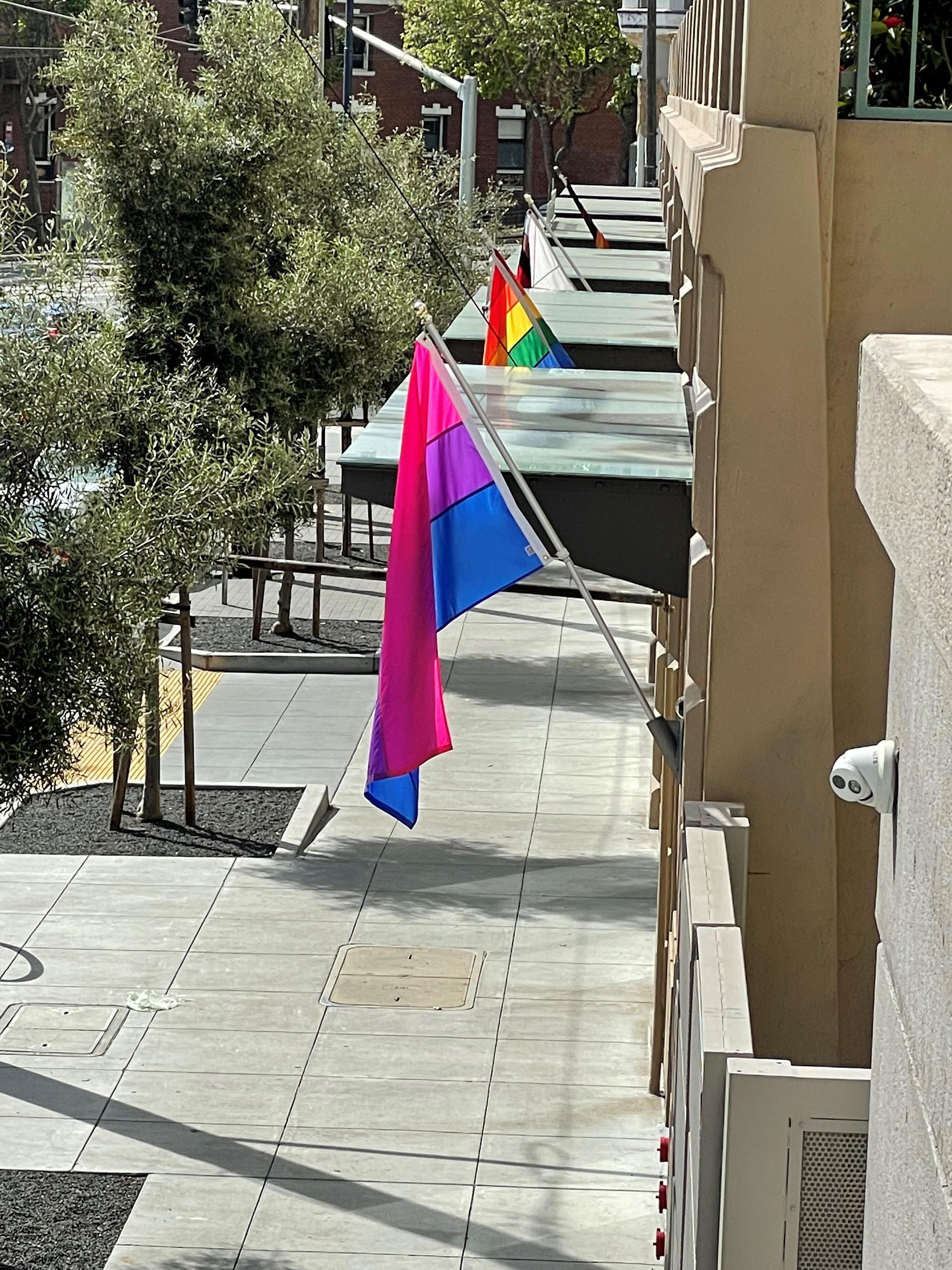
Openhouse hired Facente Consulting to lead a strategic planning process designed to make the organization’s services more inclusive of LGBTQ+ seniors who have been forced to demonstrate the greatest resilience to longstanding racism, classism, homophobia, and/or transphobia.
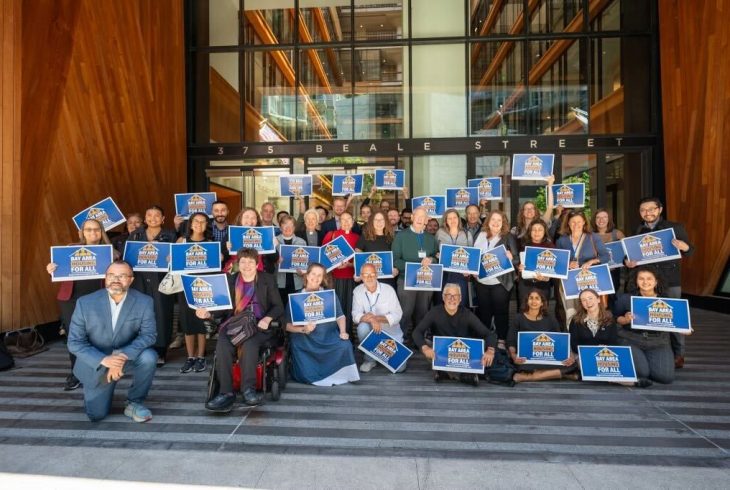
Facente Consulting helped All Home chart a strategic path forward in their efforts to disrupt homelessness.


















